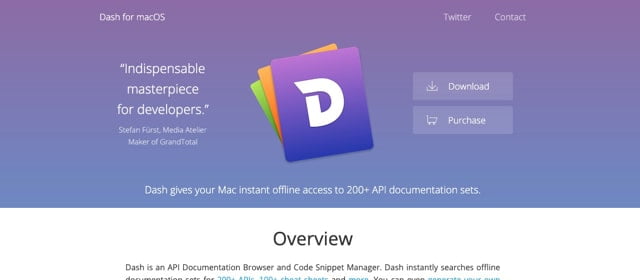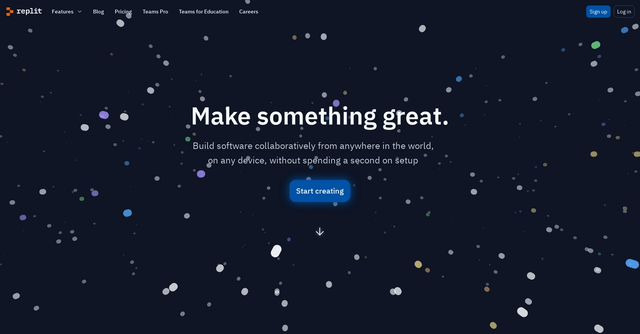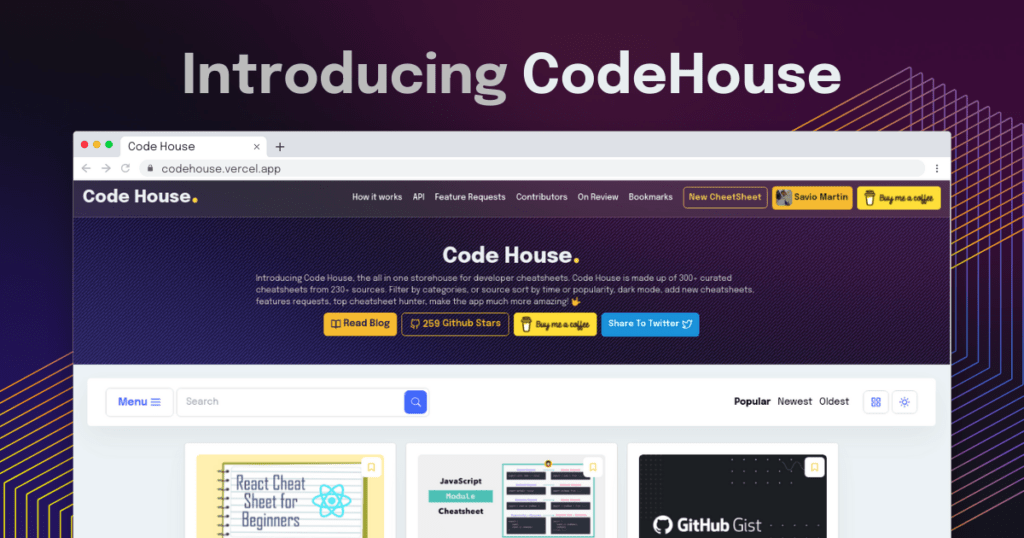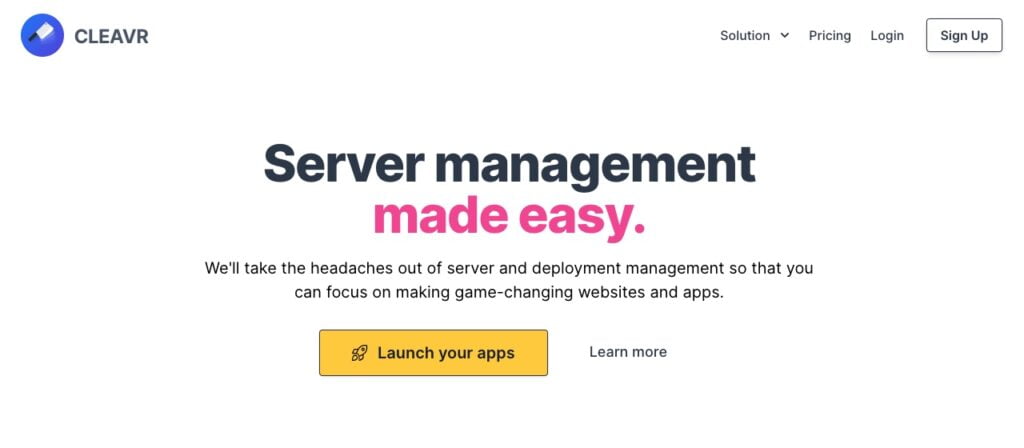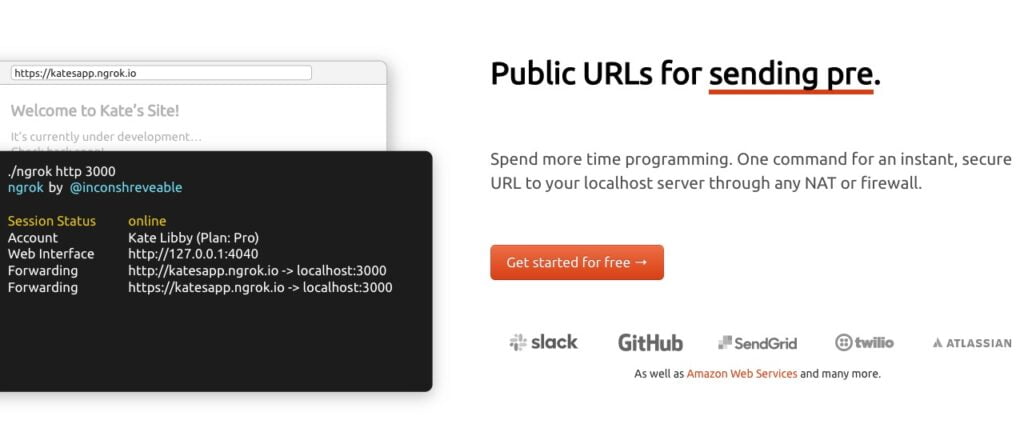Dash is a crypto-currency that was launched in 2014 as XCoin, before becoming Darkcoin and then finally Dash in 2015. It was created by Evan Duffield and designed to be a more private and faster alternative to Bitcoin.
Dash uses a proof-of-work system to secure its blockchain, but it differs from Bitcoin in its decentralized governance system. Dash has a masternode development board, made up of members elected by the community, who make decisions about network updates and the allocation of development funds.
The Dash has also set up a system of "masternodes" that allows certain users to participate in securing the network and validating transactions in exchange for rewards in Dash. To become a masternode, a user must have at least 1,000 Dash and be able to provide a server dedicated permanently to the management of the network.
One of the main features of the Dash is its anonymity. This is because the Dash uses a transaction "blending" system called PrivateSend, which makes transactions difficult to track. Dash also has an instant transaction system called InstantSend, which allows transactions to be processed in seconds, unlike Bitcoin where it can take several minutes or even hours.
Dash has been very successful since its launch, and its market capitalization exceeded $3 billion in December 2017. However, its value has dropped sharply in the following years, and its market capitalization is now around $500 million.
Despite this decline, Dash remains a popular crypto-currency and is accepted by many online merchants and payment platforms. It is also used as a payment method in some developing countries, where traditional payment options are limited.
In short, Dash is a crypto-currency that was designed to be faster and more private than Bitcoin, thanks to its system of masternodes and transaction blending. Although its value has dropped sharply in recent years, it remains a popular payment option and is accepted by many online merchants.
